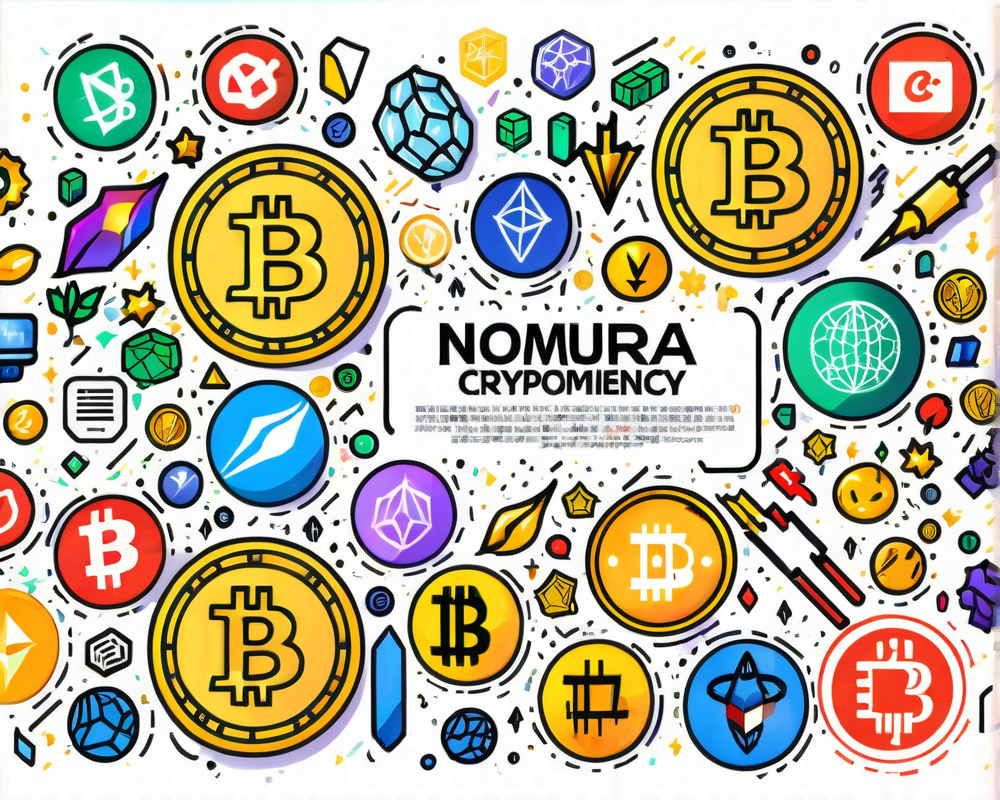A Legal Turnaround for Crypto
On January 30, the crypto community popped the champagne (or whatever digital spirits they preferred) as the SEC announced in a remedies hearing concerning LBRY’s LBC coin that secondary sales of this currency are not securities transactions. Whodathunkit? This sudden admission sparked excitement, especially from attorney John Deaton, who documented the moment on his Twitter-hosted CryptoLawTV channel.
Deaton’s Dramatic Day in Court
Deaton, not just a ball of enthusiasm but also an amicus curiae in the Ripple case, engaged in a riveting conversation with the presiding judge that day. He said, “Look, let’s not pretend. Secondary market sales are a problem.” He even managed to reference the famous Lewis Cohen paper during this exchange, which is almost like name-dropping at a networking event but in legalese.
Buzz Around the Cohen Paper
The paper in question, intriguingly titled “The Ineluctable Modality of Securities Law: Why Fungible Crypto Assets Are Not Securities,” was created by Lewis Cohen and his colleagues at DLx Law. Its Netflix-worthy plot twist? It claims that fungible crypto assets typically don’t qualify as securities, except in special cases. Cohen mentioned that its popularity has soared, racking up downloads like a viral TikTok after it appeared on a scholarly preprint repository.
- The paper outlines the elements of the Howey test—a mainstay in determining if something is a security—while digging deeper into the murky waters of crypto asset regulation.
Decoding the Howey Test
To break it down for the uninitiated: the Howey test revolves around four prongs. If an investment meets all of them, it’s considered a security. Here’s a quick rundown:
- Investment of money
- In a common enterprise
- With an expectation of profit
- Profits derived from others’ efforts
With these criteria at hand, the paper shines a light on when crypto assets might or might not fall under this framework. Spoiler alert: it’s primarily the primary sales where securities law can apply.
The Secondary Market Quandary
Here’s where things get spicy: Cohen and his coauthors argue that on the secondary market—think your favorite crypto exchanges—the Howey test doesn’t normally stick. The mere ownership of a crypto asset doesn’t conjure a legal relationship with its issuer, which means most secondary market transactions wouldn’t meet the “common enterprise” requirement of the Howey test. This is a bold move like recommending pineapple on pizza!
The Ripple Effects
The implications of Cohen’s paper could shift the playing field in crypto regulations significantly. By separating token issuance from trading in secondary markets, we may see a wave of legal distinctions that could free many assets from the heavy hand of SEC regulations, or so the dream goes.
Reception in Legal Circles
The paper has been turning heads in legal circles, with opinions ranging from ‘epic work’ to ‘smells a bit fishy.’ Sean Coughlin from Bressler, Amery & Ross lauded Cohen’s insights but pointed out challenges with self-custody of assets complicating legal interpretations. Christopher Vaughan offered a slight critique, suggesting the paper glossed over practical trading realities.
What’s Next for Crypto?
As Cohen himself stated, he aims to elevate the conversation surrounding crypto law, and while his paper may not have converted every skeptic, it’s undoubtedly prompting discussions that could lead to a better understanding in the chaotic world of cryptocurrency regulation. Who knows? Maybe one day SEC rules won’t feel like they were written by an alien species!



